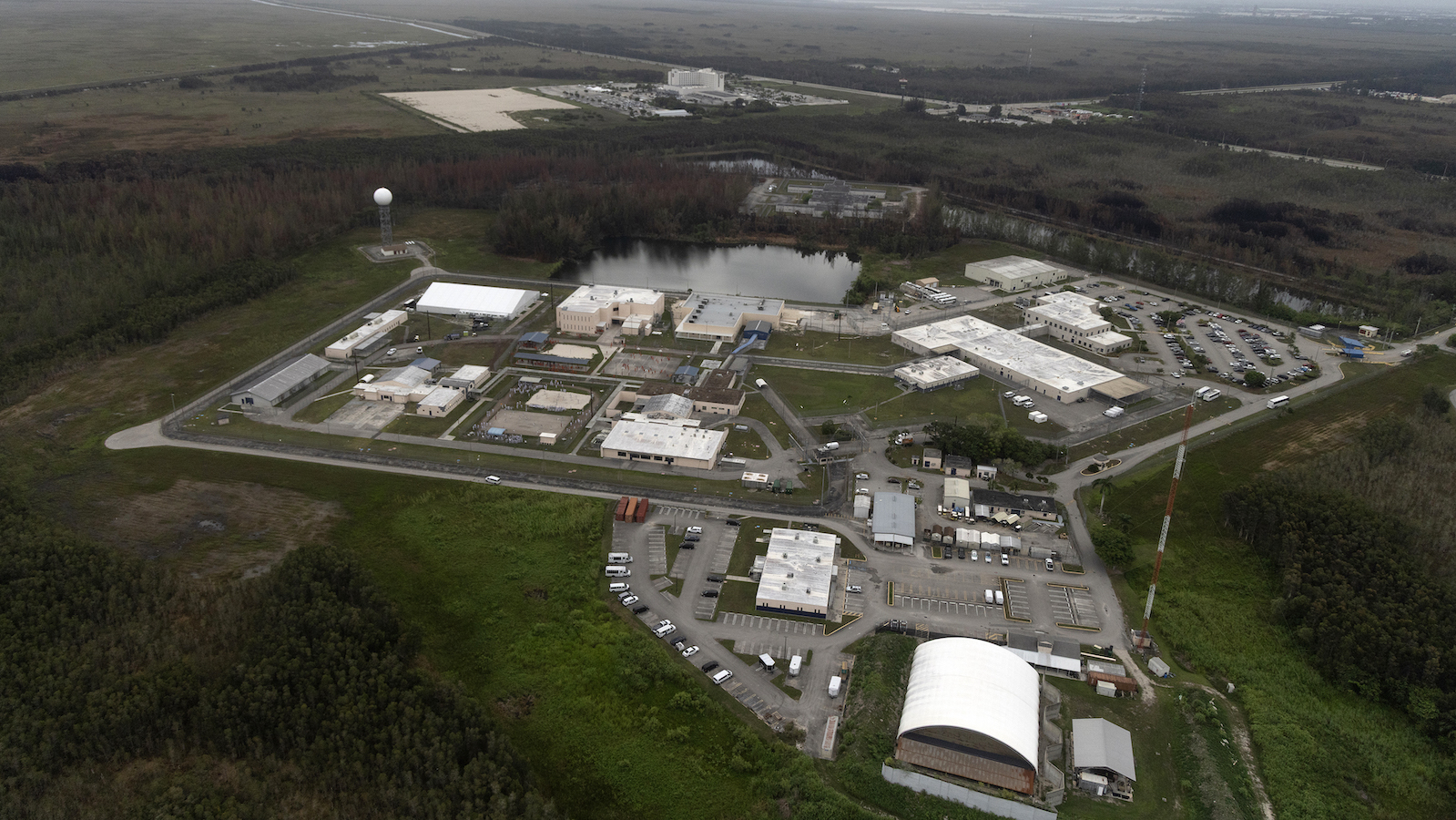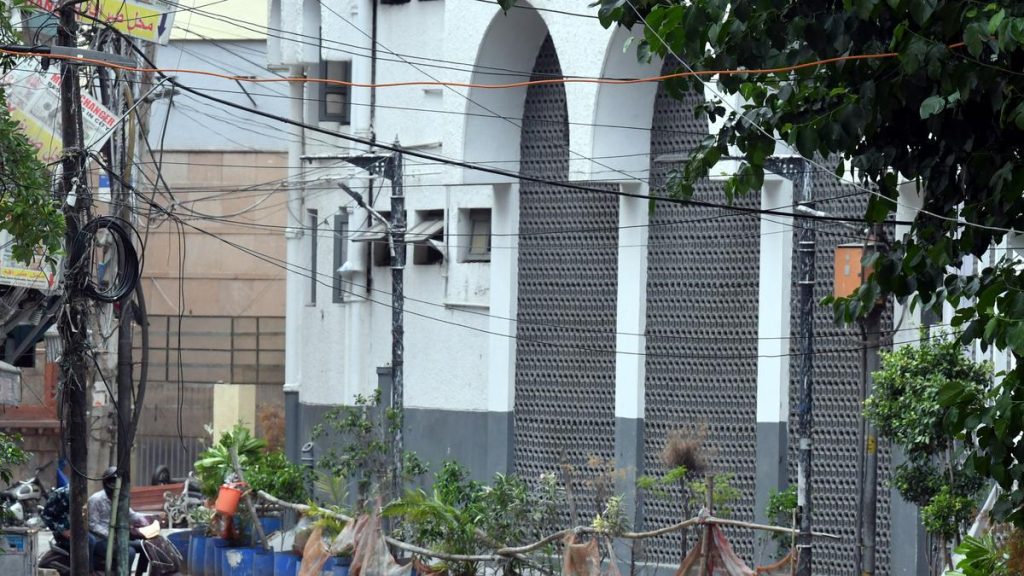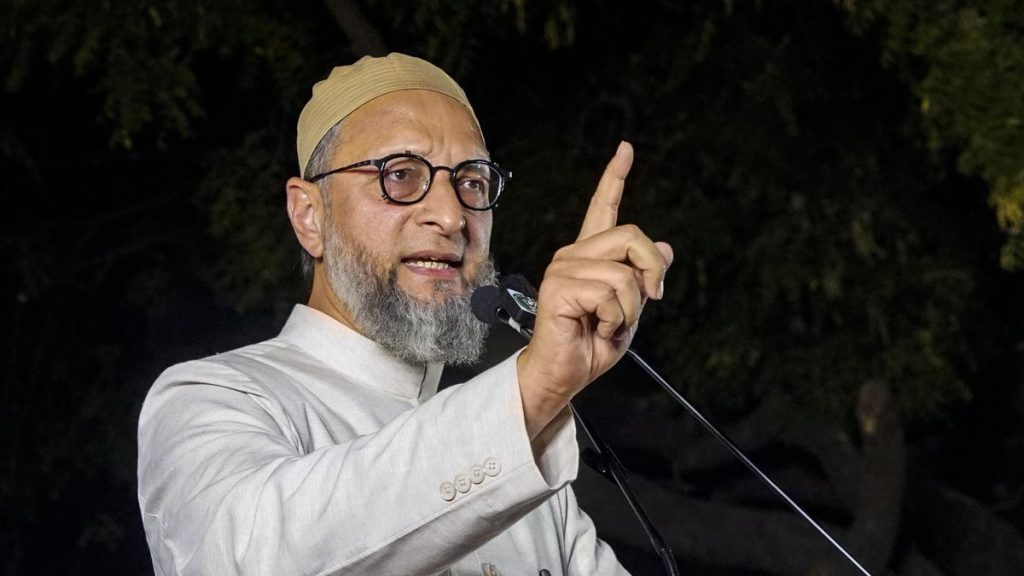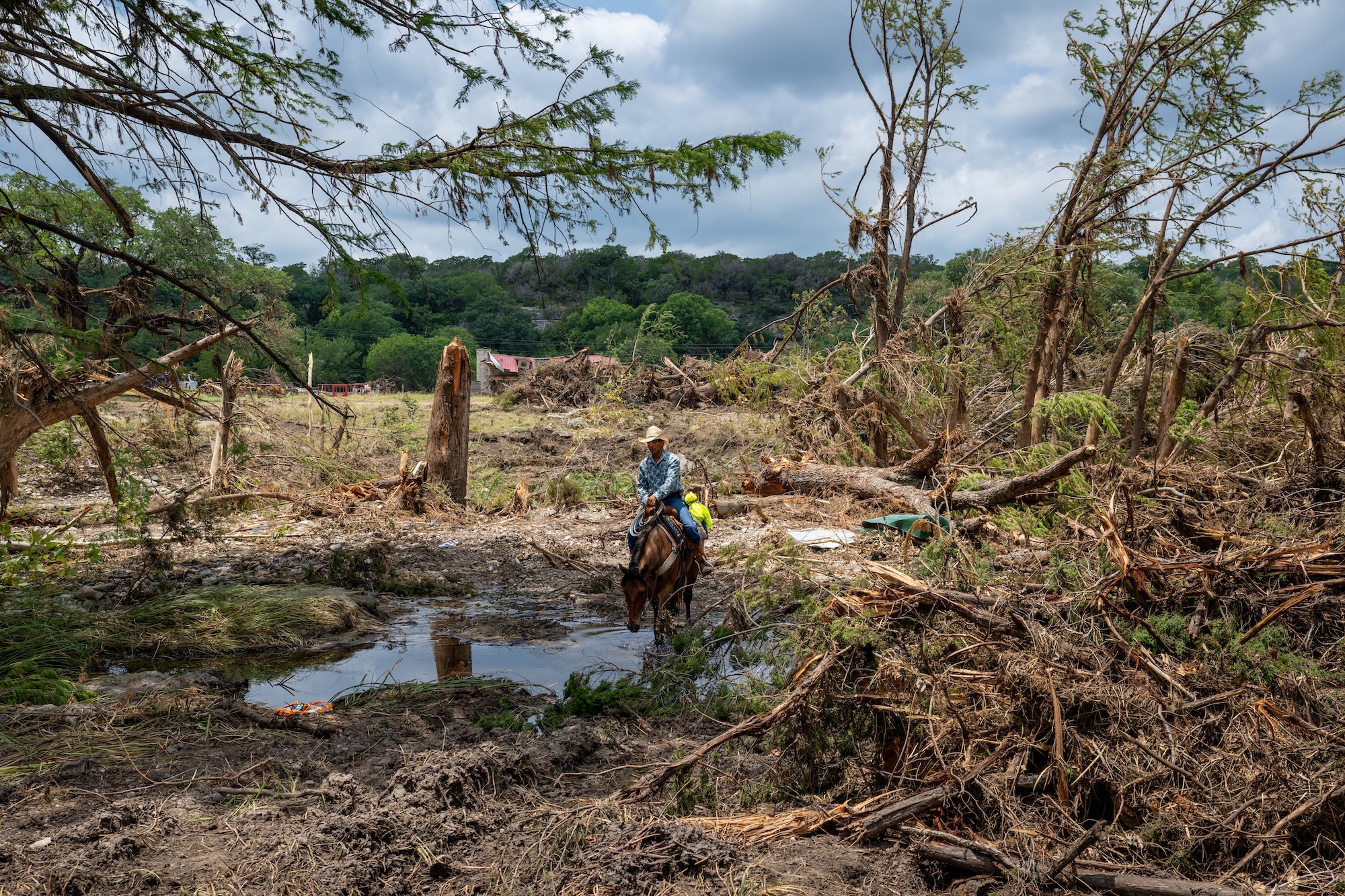Now Reading: Florida Tribe Joins Protest Against ‘Alligator Alcatraz’ Detention Center
-
01
Florida Tribe Joins Protest Against ‘Alligator Alcatraz’ Detention Center
Florida Tribe Joins Protest Against ‘Alligator Alcatraz’ Detention Center

Fast Summary
- The Miccosukee Tribe in Florida has joined a lawsuit against federal and state agencies over the construction of an immigrant detention center called “Alligator Alcatraz” in the Everglades National park.
- Key concerns include lack of an environmental review and impacts on tribal traditions, hunting grounds, and ceremonial sites.
- William “popeye” James Osecola from the Miccosukee tribal council stated that tribal members have been restricted from gathering roots and plants due to the facility’s operations.
- the lawsuit alleges potential environmental degradation, impacts on endangered species like the panther, light pollution, mosquito control measures affecting wildlife, and water usage violations under laws such as the Clean Water Act.
- Environmental groups like Friends of the Everglades and Center for Biological Diversity filed separate legal notices citing similar issues.
- Protestors report heavy activity at “Alligator Alcatraz,” including diesel deliveries, high security personnel presence (400 guards), 3000 available beds for detainees, and freshly paved roads.
- Florida Governor Ron DeSantis claimed there is “zero impact” on wetlands during a prior press conference but invited state legislators (excluding tribes) to tour the facility recently amid reports of environmental concerns.
- Some lawmakers described conditions within Alligator Alcatraz positively; others highlighted significant ecological problems caused by its operations.
!Protestors stand outside a makeshift detention center
Indian Opinion Analysis
The Miccosukee Tribe’s opposition to “Alligator Alcatraz,” paired with allegations from environmental organizations regarding violations such as light pollution and risks to endangered species ecosystems in nearby wetlands, raises ethical questions about balancing immigration policies with ecological conservation principles.India’s own experiences with balancing growth projects with indigenous rights may resonate here-the controversy exemplifies how tribes’ stewardship agreements can conflict with broader governmental or logistical interests.
From India’s perspective-where preservation of cultural heritage alongside lasting development remains critical-this case underscores larger global challenges tied to disregarded ecological reviews during infrastructure projects near sensitive areas or tribal lands. A consistent adherence to co-stewardship principles could help avoid eroding mutual trusts between governments and indigenous populations over contested geographical zones.
Read More: Link























